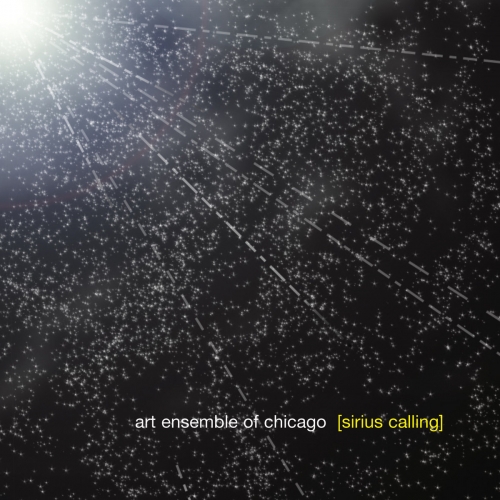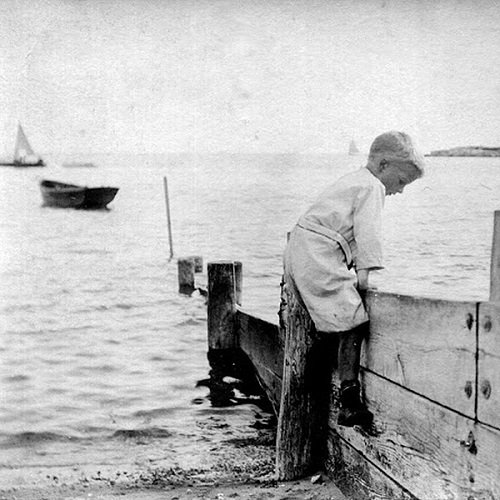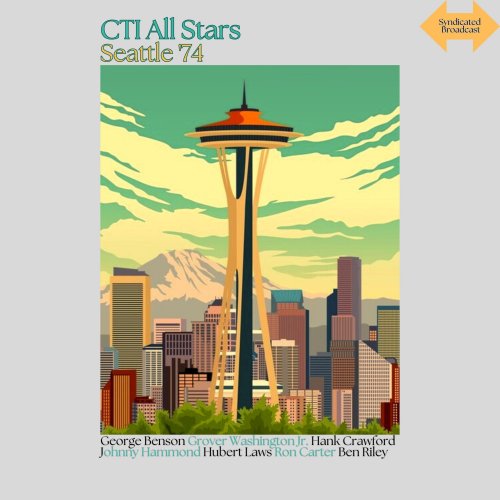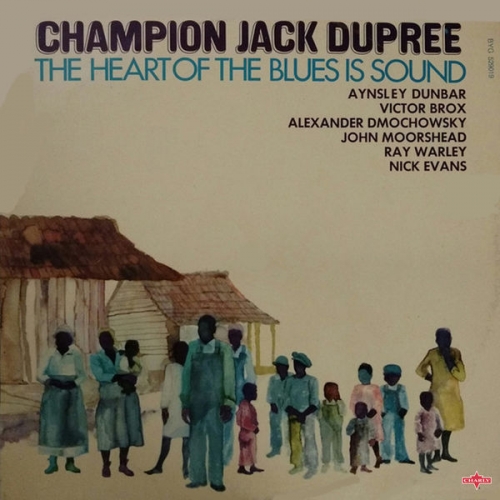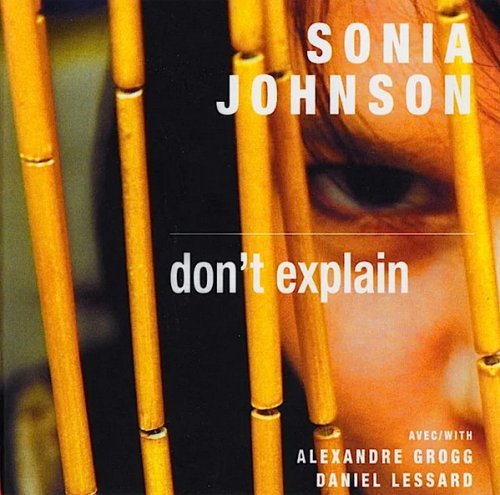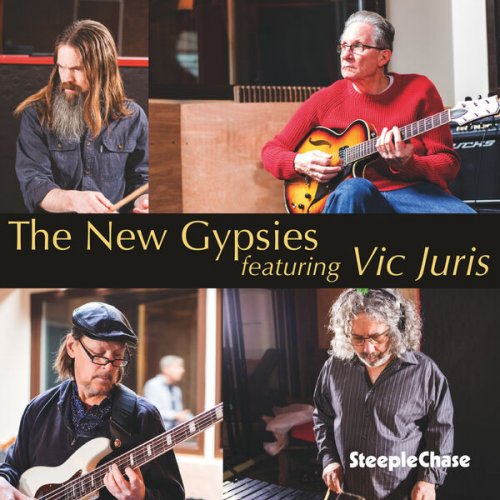The James Cotton Blues Band - Texas International Pop Festival Vol. 2 (1969) [Bootleg]
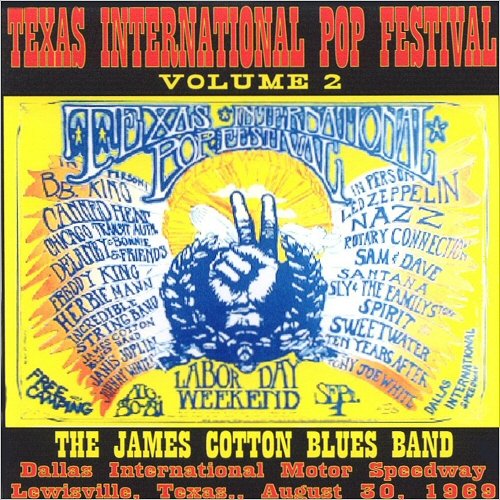
Artist: The James Cotton Blues Band
Title: Texas International Pop Festival Vol. 2
Year Of Release: 1969
Label: Soundboard Bootleg
Genre: Chicago Blues, Harmonica Blues
Quality: 320 kbps
Total Time: 61:47
Total Size: 150 MB
WebSite: Album Preview
Tracklist:Title: Texas International Pop Festival Vol. 2
Year Of Release: 1969
Label: Soundboard Bootleg
Genre: Chicago Blues, Harmonica Blues
Quality: 320 kbps
Total Time: 61:47
Total Size: 150 MB
WebSite: Album Preview
1. Cut You Loose ( 6:48)
2. Fallin' Rain ( 8:49)
3. Hear Attack ( 5:55)
4. Knock On Wood ( 3:00)
5. Nine Below Zero ( 3:58)
6. Dust My Broom ( 5:15)
7. The Creeper (11:03)
8. Turn On Your Lovelight (12:57)
9. Please, Please, Please ( 3:58)
Personnel:
James Cotton - vocals, harmonica
Luther Tucker - guitar
Bill "Stumuk" Nugent - tenor sax
Bob Anderson - bass
Barry Smith - drums
At his high-energy, 1970s peak as a bandleader, James Cotton was a bouncing, sweaty, whirling dervish of a bluesman, roaring his vocals and all but sucking the reeds right out of his defenseless little harmonicas with his prodigious lung power. Due to throat problems, Cotton's vocals are no longer what they used to be, but he remains a masterful instrumentalist. Cotton had some gargantuan shoes to fill when he stepped into Little Walter's slot as Muddy Waters' harp ace in 1954, but for the next dozen years, the young Mississippian filled the integral role beside Chicago's blues king with power and precision. Of course, Cotton had been preparing for such a career move for a long time, having learned how to wail on harp from none other than Sonny Boy Williamson himself.
Cotton was only a child when he first heard Williamson's fabled radio broadcasts for King Biscuit Time over KFFA out of Helena, Arkansas. So sure was Cotton of his future that he ended up moving into Williamson's home at age nine, soaking up the intricacies of blues harpdom from one of its reigning masters. Six years later, Cotton was ready to unleash a sound of his own.
Gigging with area notables Joe Willie Wilkins and Willie Nix, Cotton built a sterling reputation around West Memphis, following in his mentor's footsteps by landing his own radio show in 1952 over KWEM. Sam Phillips, whose Sun label was still a fledgling operation, invited Cotton to record for him, and two singles commenced: "Straighten Up Baby" in 1953 and "Cotton Crop Blues" the next year. Legend has it Cotton played drums instead of harp on the first platter.
When Waters rolled through Memphis minus his latest harpist (Junior Wells), Cotton hired on with the legend and went to Chicago. Unfortunately for the youngster, Chess Records insisted on using Little Walter on the great majority of Waters' waxings until 1958, when Cotton blew behind Waters on "She's Nineteen Years Old" and "Close to You." At Cotton's suggestion, Waters had added an Ann Cole tune called "Got My Mojo Working" to his repertoire. Walter played on Muddy Waters' first studio crack at it, but that's Cotton wailing on the definitive 1960 reading (cut live at the Newport Jazz Festival).
By 1966, Cotton was primed to make it on his own. Waxings for Vanguard, Prestige, and Loma preceded his official full-length album debut for Verve Records in 1967. His own unit then included fleet-fingered guitarist Luther Tucker and hard-hitting drummer Sam Lay. Throwing a touch of soul into his eponymous debut set, Cotton ventured into the burgeoning blues-rock field as he remained with Verve through the end of the decade.
In 1974, Cotton signed with Buddah and released 100% Cotton, one of his most relentless LPs, with Matt "Guitar" Murphy sizzling on backup. A decade later, Alligator issued another stand-out Cotton LP, High Compression, which was split evenly between traditional-style Chicago blues and funkier, horn-driven material. Harp Attack!, a 1990 summit meeting on Alligator, paired Cotton with three exalted peers: Wells, Carey Bell, and comparative newcomer Billy Branch. Antone's Records was responsible for a pair of gems: a live 1988 set reuniting the harpist with Murphy and Tucker, and a stellar 1991 studio project, Mighty Long Time. Cotton moved into the 21st century as one of the last surviving originators of the Chicago blues sound, and never slowed his pace a bit, releasing a series of fine albums, including Fire Down Under the Hill (2000) and Baby, Don't You Tear My Clothes (2004), both for Telarc Records, and Giant (2010) and Cotton Mouth Man (2013), both on Alligator Records. ~by Bill Dahl
James Cotton - vocals, harmonica
Luther Tucker - guitar
Bill "Stumuk" Nugent - tenor sax
Bob Anderson - bass
Barry Smith - drums
At his high-energy, 1970s peak as a bandleader, James Cotton was a bouncing, sweaty, whirling dervish of a bluesman, roaring his vocals and all but sucking the reeds right out of his defenseless little harmonicas with his prodigious lung power. Due to throat problems, Cotton's vocals are no longer what they used to be, but he remains a masterful instrumentalist. Cotton had some gargantuan shoes to fill when he stepped into Little Walter's slot as Muddy Waters' harp ace in 1954, but for the next dozen years, the young Mississippian filled the integral role beside Chicago's blues king with power and precision. Of course, Cotton had been preparing for such a career move for a long time, having learned how to wail on harp from none other than Sonny Boy Williamson himself.
Cotton was only a child when he first heard Williamson's fabled radio broadcasts for King Biscuit Time over KFFA out of Helena, Arkansas. So sure was Cotton of his future that he ended up moving into Williamson's home at age nine, soaking up the intricacies of blues harpdom from one of its reigning masters. Six years later, Cotton was ready to unleash a sound of his own.
Gigging with area notables Joe Willie Wilkins and Willie Nix, Cotton built a sterling reputation around West Memphis, following in his mentor's footsteps by landing his own radio show in 1952 over KWEM. Sam Phillips, whose Sun label was still a fledgling operation, invited Cotton to record for him, and two singles commenced: "Straighten Up Baby" in 1953 and "Cotton Crop Blues" the next year. Legend has it Cotton played drums instead of harp on the first platter.
When Waters rolled through Memphis minus his latest harpist (Junior Wells), Cotton hired on with the legend and went to Chicago. Unfortunately for the youngster, Chess Records insisted on using Little Walter on the great majority of Waters' waxings until 1958, when Cotton blew behind Waters on "She's Nineteen Years Old" and "Close to You." At Cotton's suggestion, Waters had added an Ann Cole tune called "Got My Mojo Working" to his repertoire. Walter played on Muddy Waters' first studio crack at it, but that's Cotton wailing on the definitive 1960 reading (cut live at the Newport Jazz Festival).
By 1966, Cotton was primed to make it on his own. Waxings for Vanguard, Prestige, and Loma preceded his official full-length album debut for Verve Records in 1967. His own unit then included fleet-fingered guitarist Luther Tucker and hard-hitting drummer Sam Lay. Throwing a touch of soul into his eponymous debut set, Cotton ventured into the burgeoning blues-rock field as he remained with Verve through the end of the decade.
In 1974, Cotton signed with Buddah and released 100% Cotton, one of his most relentless LPs, with Matt "Guitar" Murphy sizzling on backup. A decade later, Alligator issued another stand-out Cotton LP, High Compression, which was split evenly between traditional-style Chicago blues and funkier, horn-driven material. Harp Attack!, a 1990 summit meeting on Alligator, paired Cotton with three exalted peers: Wells, Carey Bell, and comparative newcomer Billy Branch. Antone's Records was responsible for a pair of gems: a live 1988 set reuniting the harpist with Murphy and Tucker, and a stellar 1991 studio project, Mighty Long Time. Cotton moved into the 21st century as one of the last surviving originators of the Chicago blues sound, and never slowed his pace a bit, releasing a series of fine albums, including Fire Down Under the Hill (2000) and Baby, Don't You Tear My Clothes (2004), both for Telarc Records, and Giant (2010) and Cotton Mouth Man (2013), both on Alligator Records. ~by Bill Dahl


